Author: Carol Pages, Pages Family Law.
Going through a divorce with a family trust? Learn how Australian family law treats trusts in property settlements and why early legal advice is critical.
Do you and your spouse have a family trust?
Are you listed as a beneficiary of a family trust?
If you’re separating or going through a divorce in Australia, it’s crucial to understand how family trusts are treated in a property settlement under family law.
Why Family Trusts Matter in Divorce Property Settlements
In Australia, all assets and financial interests—whether owned jointly, individually, or with others—must be included in the family law property pool. This includes:
- – Family homes
- – Investment properties
- – Superannuation
- – Businesses
- – Family trusts
Depending on how the trust is structured and who controls it, a family trust may be treated as:
- – Property available for division, or
- – A financial resource of one party
Either way, it must be disclosed.
When Are Family Trust Assets Included in a Property Division?
The Family Courts may treat assets held in a family trust as property if:
- ● One or both parties are trustees or directors of a corporate trustee
- ● One party controls the trust (e.g. as an appointor or via trustee powers)
- ● One party has used trust income or capital as if it were their own
If you or your spouse effectively control the trust, the Court is likely to treat the trust assets as part of the property pool.
When Are Family Trust Assets Not Included?
A family trust may be treated as a financial resource rather than divisible property when:
- ● One party is a discretionary beneficiary only
- ● They have never received a distribution from the trust
- ● They have no control or influence over the trust’s operations
In these cases, the trust itself may not be included in the asset division but could still affect your overall entitlements.
Can I resign as trustee to exclude the trust from my divorce?
No. The Family Court looks at substance over form. Attempts to remove yourself as trustee, change appointors, or restructure trust control are closely scrutinised.
Courts have ruled that where a party retains effective control of a trust, it may still be included—even if a third party is listed as trustee or a deed of variation was executed.
Attempts to avoid disclosure or defeat the interest of the other spouse are regarded very seriously by the Courts and can result in consequences.
Do I have to disclose my family trust in a divorce?
Yes. Even if you believe the trust won’t be included in the property pool, you have a legal duty of full financial disclosure under the Family Law Act.
Failing to disclose a trust could delay your settlement, increase legal costs, or result in costs consequences. Early disclosure also helps your lawyer and accountant work together to structure your settlement efficiently and tax-effectively.
Why early legal advice on family trusts matters
Getting legal advice early in your separation will help you:
- ● Understand whether your family trust is property or a financial resource
- ● Plan for distributions and potential tax liabilities
- ● Ensure your financial disclosure is complete and compliant
- ● Minimise the risk of delays or adjournments in court proceedings
- ● Understand the impact on related matters, such as child support assessments
- ● Resolve your matter out of court, saving time, money, and stress
Need help understanding your family in a divorce?
Our Principal lawyer Carol Pages has taught trusts law at university level and regularly advises on complex property settlements involving family trusts.
Book a confidential 15 minute discovery call today using the link on our website, call our office or email carol@pagesfamilylaw.com.au.
_________________________________
The content of this article is provided for information purposes only and does not constitute legal advice. We recommend that you seek legal advice relevant to your own circumstances and we would be happy to assist you.
Carol Pages is the Principal of Pages Family Law and an Accredited Specialist in Family Law and a Nationally Accredited Mediator. If you would like advice about your own separation, please contact Pages Family Law at info@pagesfamilylaw.com.au or on 03 9121 8077 or book a 15 minute free discovery call via our website.

